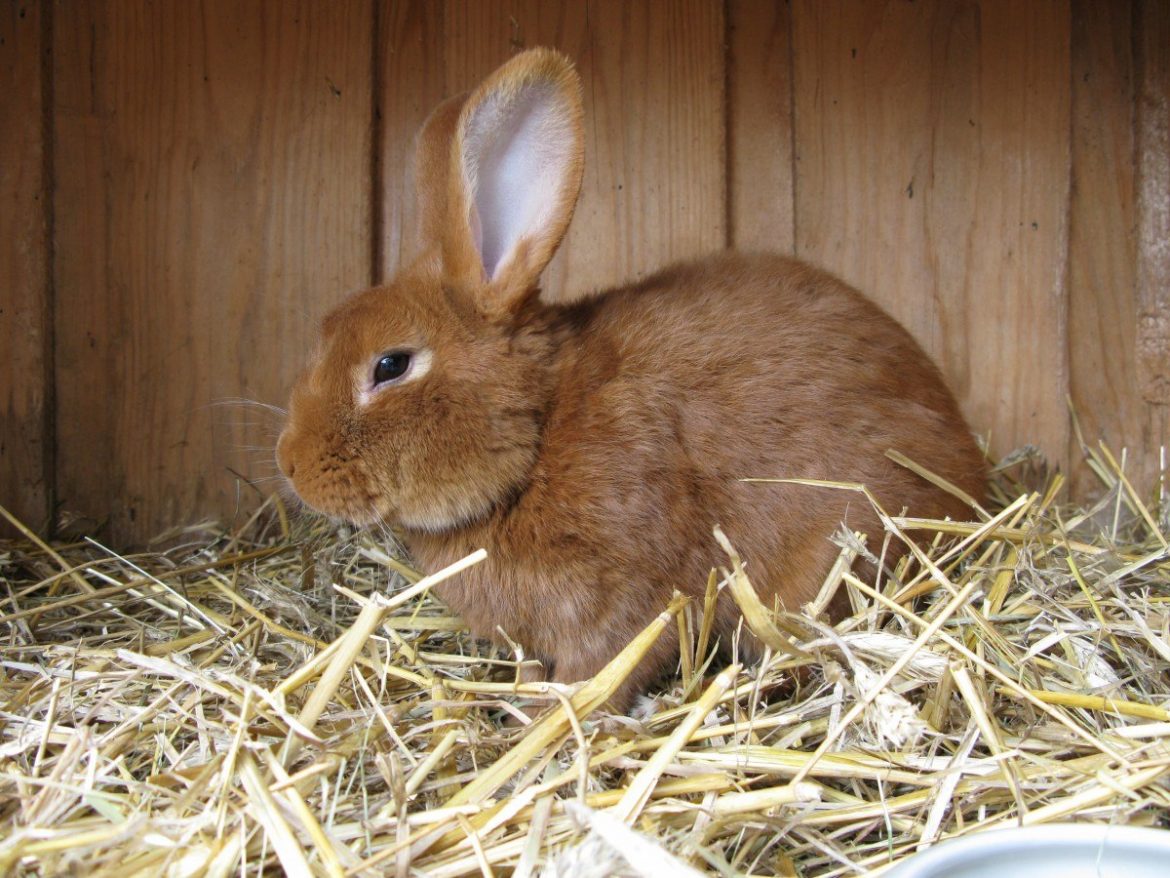Compared to other pets, rabbits are generally more susceptible to infections. Verily, some of these infections are tied to poor sanitation in and around rabbit hutches. To reduce the chances of your rabbits being ill and to maintain their wholesomeness, rabbit hutches have to be cleaned on a regular basis. Here is a two-part summation on how to clean your rabbit hutch.
Daily Cleaning
Cleaning your rabbit hutch daily is a light-duty that is informed by the fact that your rabbits eat twice a day. A sneak preview of a rabbit diet, that largely consists of hay, green grass, a variety of vegetables and rabbit pellets casts the idea of grime if let to pile up.
Even though it is logical that rabbits will continue to eat beyond the hour in which the foods are availed, the food residues, especially fruits and vegetables do not have to wait until they rot to be removed from the hutch.
Your rabbits are likely to consume the rot and later suffer stomach or intestinal infections that will kill them within a period of 24 hours. Therefore, regular removal of these food residues, preferably daily reduces the chances of food poisoning.
Weekly cleaning
Designate one day of the week to do a thorough cleaning of your rabbit hutch. The idea of weekly cleaning may be viewed as a hutch maintenance activity that requires you to employ the understanding of simple chemicals and their effects on rabbits. To accomplish the task, here are some of the materials you will need.
- Gloves
- Vinegar
- Dish soap
- Warm and cold water
- Scrubbing brushes
After collecting these materials, follow these steps to ensure that the hutch is properly cleaned and keeping an eye on the safety of your rabbits:
- Remove the rabbits from the hutch and transfer them to another confined location.
- Remove all the food residues, beddings and rabbit droppings. Leave a small portion of old food in each corner to enable the rabbits to draw familiar smells with the hutch when they are returned. It restores their sense of belonging.
- Use warm water to scrub the floor thoroughly then mix some of the warm water with vinegar in equal proportion. The mixture serves as the safest disinfectant even though some people may use an iodine solution or bleaching agent. Bleaches are risky, especially if not mixed in the correct volume ratio with water. Therefore, it is best to avoid them.
- Spray the whole hutch with the disinfectant and use some of it to scrub stubborn urine stain and stuck rabbit poop.
- Pay close attention to corners that conceal droppings and insects. Use a small brush that can reach these concealments.
- Use soap to clean rabbit dishes and watering containers.
- Thoroughly wash rabbit beddings: blankets and towels.
- Let the hutch to dry in the sun completely.
- Once the hutch is dry, spread the clean and dry bedding for the rabbits then bring them back to the hutch.
Basic care to keep your pet rabbits healthy
Below are some simple steps you can follow to look after your pet rabbits every day.
Daily care :
- Check your rabbit every day for any sign of injury or illness.
- Check your rabbit regularly every day in the hot summer weather as they can get flystrike. Also, check your pet rabbits bottom and make sure their bottom are clean with no sign of fly eggs or maggots.
- Clean your rabbit bottom, wash or clip the fur short to prevent flies laying eggs on their bottom.
- Make sure you clean your rabbit hutch and living area often to help your rabbits keep themselves clean and healthy.
- Brush them regularly to keep their fur clean and healthy.
- Make sure you register with a vet so that you can get the vaccinations required to keep them from serious illness.
Grooming your pet rabbits
Rabbits are quite independent pets as they generally groom themselves, however, regular brushing can help to keep their fur healthy and to avoid fur balls build up over time. Grooming your rabbits can also create some wonderful time to bond with your pets, checking their weight and their general health.
- Use a specialise rabbit grooming brush, gently brush the fur follow the directions where the fur grows to avoid hurting them.
- Start early, groom your pet rabbit when they are young, so that they become used to the handling.
- Long-haired rabbits required daily grooming.
- Groom your short-haired rabbits weekly unless there is a need.
We hope you enjoy reading our blog post and find it useful. If you follow the guide as we mention in this post, you will have a better understanding of your pet rabbits and give them a happy and healthy life in your back garden.


